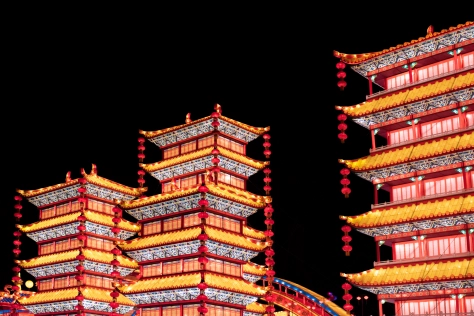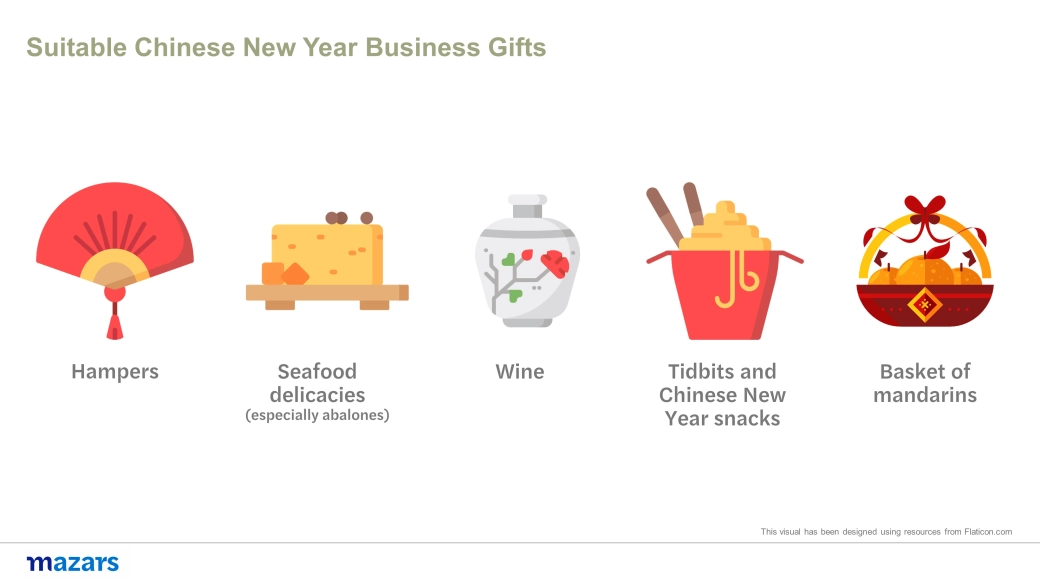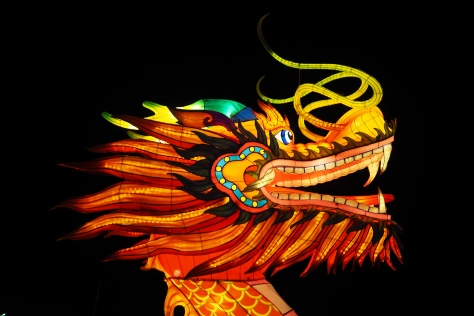When is CNY and what happens during this season?
According to the lunar calendar, the Spring Festival begins on the 1st and lasts until the 15th of the month (the full moon). Unlike western holidays such as Thanksgiving or Christmas, Chinese New Year falls on different dates every year - ranging from January 21st to February 20th.
This year, the Chinese Lunar New Year fell on 22 January 2023. . In Singapore, the first two days of the Chinese Lunar New Year are declared as Public Holiday. It is also common for local companies to operate for only half a day or close their offices on the eve of Chinese Lunar New Year.
Employees may return to their hometowns during Chinese Lunar New Year to partake in the celebrations. Employers can expect simultaneous annual leave requests from their team. Nevertheless, the continuing pandemic may have affected this norm. At this time of the year, bonuses are often given in the form of 13th month's salary, with double the pay being issued to employees in January.
Traditions and Customs
Chinese New Year is the most important festival in the Chinese calendar and should therefore be valued if doing business with Asian companies. Conveying respect and knowledge for the festivities can often generate positive relationships with foreign business associates. It is not just companies dealing in international trade that have to adjust their usual practices to accommodate this festive period. Any company doing business in Singapore are expected to adopt to local practices.
Suitable Gifts for Chinese New Year
This varies between countries, but in general, the following are regarded "safe" for individuals or businesses: Hampers, baskets of mandarins, seafood delicacies, titbits, and Chinese New Year snacks (the latter is usually sold in transparent plastic jars adorned with festive decorations and red caps), and wine (except for those who do not drink alcohol).
Office Decorations
Red symbolises luck and joy in the Chinese culture. During this season, every company will deck their offices in this colour. Do you remember the story about Nian? Firecrackers aren’t the only thing that scare the monster away. Red is also an invaluable weapon and used in nearly all Chinese New Year decorations. The Chinese community will hang up red lanterns and strings of (real or fake) chili peppers, paste red paper onto doors and windows, and more! New clothes are also believed to bring good luck and symbolises fresh beginnings. People will add new red clothing to their Spring Festival wardrobe too.
Understand the importance of your employee’s migration
The most important part of the Chinese Lunar New Year is the family reunion, and many employees will return to their hometowns for an extended period during this festive season. As companies in Singapore often employ workers from all over Asia, it is important for employers to observe this practice. For this reason, companies can often be disrupted afterward as well. Contact with business associates during this time can be difficult, hence getting in touch in advance is advisable.
Understand the bottlenecks in the shipping industries
Similar bottlenecks can occur in the shipping or logistics industries. Planning in advance is the key to securing a fluid operations throughout the Chinese Lunar New Year. To avoid delays, any imports and shipments need to be scheduled well in advance of the festivities. Most shipping companies will be closed completely or operating at a limited capacity, so they are best avoided at this time. During this period of the year, transporting goods can become significantly more expensive as most aspects of Singapore logistics will be faced with a staff shortage.
As we are ready to reboot our festive traditions, let’s remember to practice these safety measures. Stay vigilant and celebrate safely.
The New Year greeting in Chinese is “新年快乐 xin nian kuai le”!
The phrase literally means “Happy New Year”. However, in Hong Kong and other Cantonese-speaking regions, it is more common to say “gong hei fat choy.” In Mandarin Chinese, it's “gong xi fa cai” (恭喜发财). The literal meaning of this phrase is "may you attain greater wealth”, but it is generally used as a New Year greeting.
If you check out other greetings or blessings, you’ll see that most are about:
- Plentiful harvests
- Wealth and fortune
- Health and longevity
- Having children and large families
Food, money, and health are things that everyone hopes for. Passing down the family name is of utmost importance as well.
In conclusion, being prepared for Chinese New Year from a business perspective will go a long way in avoiding any significant problems. This time of year, doing business in Singapore may not be wholly convenient, but handling the problems and opportunities that the festival brings in the right way can set your company apart from the rest.
Click here to download the Doing Business in Singapore 2023 guide



